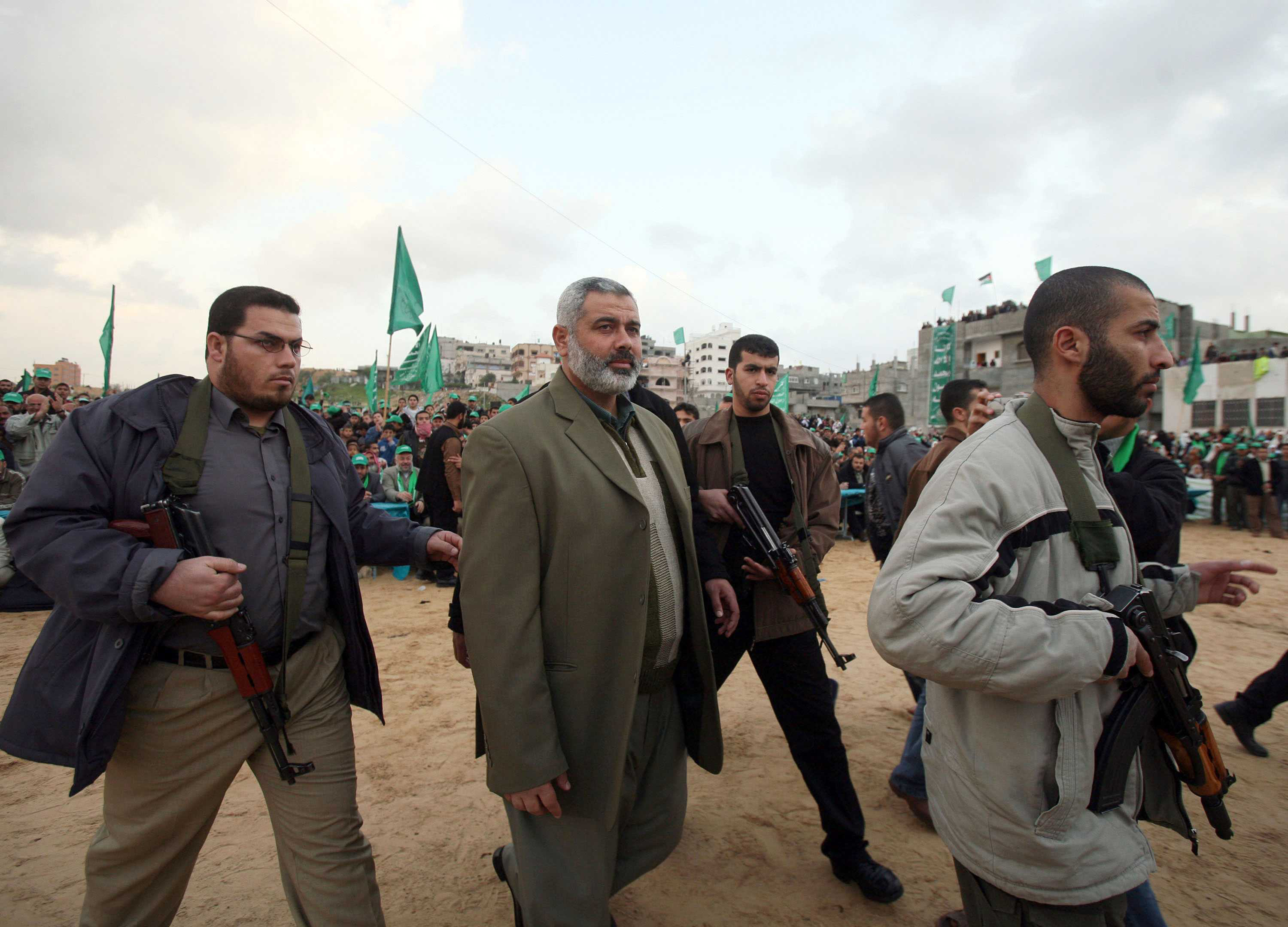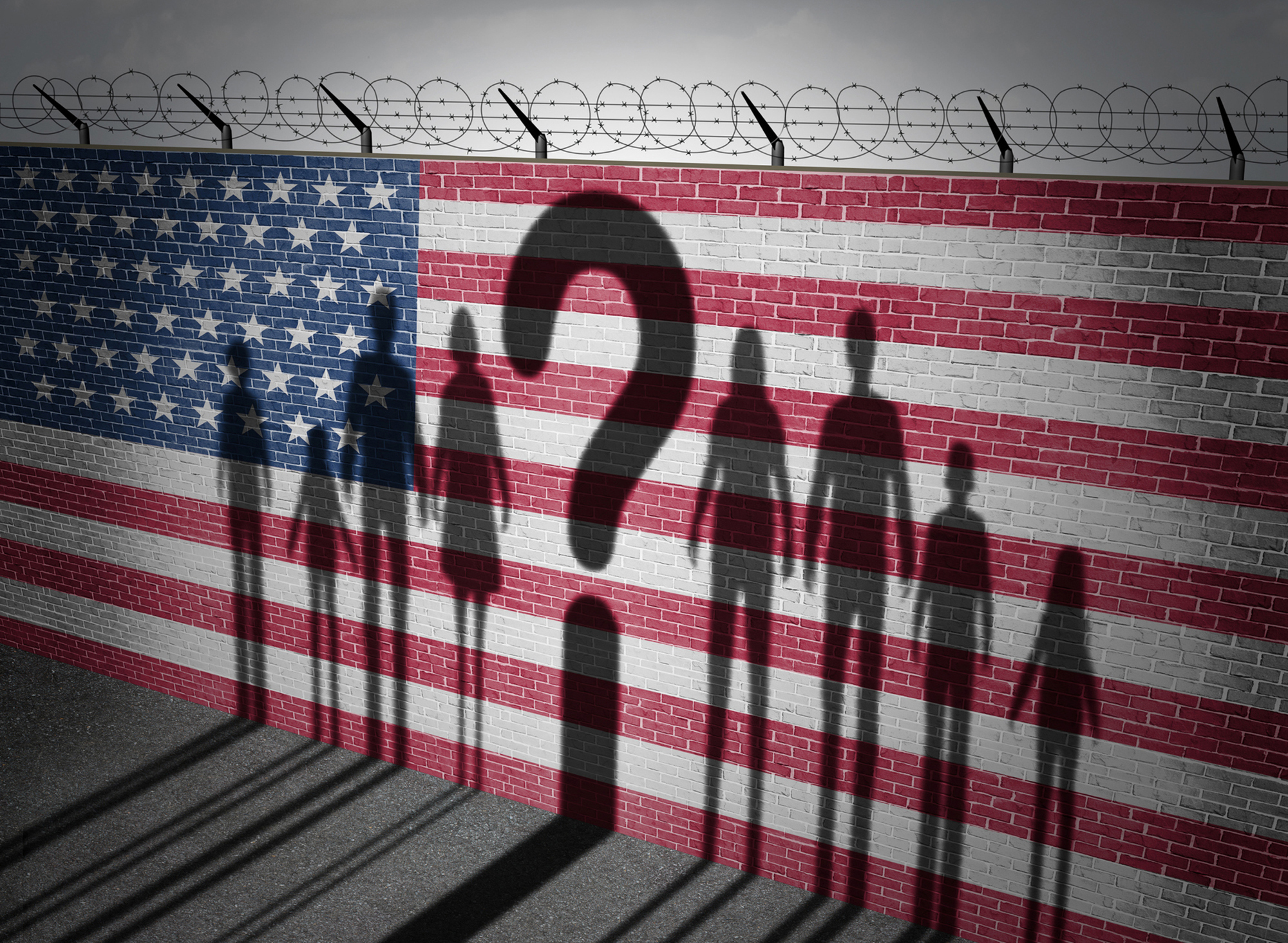
MILL VALLEY, Calif. (BP)–Plans of Islamic militants to take control of the world may seem laughable to many Americans, but the recent victory of a radical Islamic party in the Palestinian parliamentary elections is far from a laughing matter to William Wagner.
In his book, “How Islam Plans to Change the World,” the missions professor reported a clear strategy of da’wah (missions), the presence of mosques; and jihad (holy war) has been set in place by Islamic leaders in order to gain control and dominance.
“Hamas is dedicated to holy war as their primary means of bringing the world to Islam,” he said.
Wagner teaches at Golden Gate Baptist Theological Seminary in Mill Valley, Calif. He spent 32 years as a missionary with the Southern Baptist Convention’s International Mission Board in Europe, the Middle East and Northern Africa, including 12 years as a chairman of the Muslim Awareness Committee of the European Baptist Federation.
Wagner noted that Ayatollah Khomeini laid out five key strategies in an overall plan for Islam to control the world. Currently, he said, it appears that this strategy is producing success for Islamic leaders in Middle Eastern countries, and latest proof is the Hamas victory in the Palestinian elections.
Classified by the United States as a terrorist organization committed to the destruction of Israel, Hamas’ landslide victory Jan. 25 casts doubt as to whether the Mideast peace process will proceed, Wagner said.
“They will use democracy to take over, but they would never allow democracy to overthrow them,” he said.
Hamas, formed nearly 20 years ago, formerly was known as the Islamic Resistance Movement. Preliminary official results released by the Palestinian Central Elections Commission Jan. 26 indicated that Hamas won 76 seats and its rival, Fatah, won 43 in the 132-seat Palestinian Legislative Council. The remaining seats went to smaller parties and independents.
Though Palestinian Muslims generally follow the Sunni sect of Islam, much of Hamas is supported by Shiite Islam, Wagner said. The development of an ecumenical Islamic system in recent years, however, could allow the two sects of Islam to work together to overthrow Israel, Wagner said, even though they may not otherwise get along.
“They are saying, ‘Let us Shiites and Sunnis work together for the overthrow of Israel and for the conversion of the world to Islam,’” Wagner said. “They are having some success in this.”
Additionally, Wagner said he would not be surprised to see a more aggressive Iran as a result of the Hamas victory.
“I believe that Iran sees the election of Hamas as a great victory, which is probably going to give the leaders in Iran new encouragement to be far more aggressive in its attitude toward Israel,” Wagner said, noting that such aggressiveness could potentially lead to an attack on Israel by the joined forces of the Iranians and Palestinians, or a preemptive strike by Israel.
“It is now primarily Islam against the Jews in Israel,” Wagner said.
While Iran may view the Hamas win as a victory, other countries that once gave support to the Palestinians, including the United States, are now reassessing their involvement with a Hamas-led government.
Wagner is not certain of all the ramifications of Hamas’ rise to prominence among the Palestinians, but he hopes the Christian response will rise to the challenge.
“Our response would be that we should continue to preach Jesus Christ to the world and to the people of the Middle East,” he said.
Past actions of Hamas could reveal what is in store for the Palestinians once Hamas’ political control is in place. Hamas has carried out nearly 60 suicide bombings in Israel since a Palestinian uprising broke out more than five years ago, according to Reuters.
Wagner pointed out that when a government declares itself to be an Islamic republic, Sharia law generally is set in place. Such law was set in place in Iran, for instance, following the overthrow of the Shah.
“At this time, Palestine is not an Islamic republic,” Wagner said. “But with the coming of Hamas, it could very easily become an Islamic republic, and thus the more stringent social laws could be enforced.”
Although such a republic may not be imminent, Wagner noted, “I do know that the more radical element almost always will declare an Islamic republic.”
Still, the presence of increasing dangers should not deter Christians from proclaiming the Gospel in the land, Wagner said.
“I believe that we are going to see in the future many more Christian martyrs that will come out of our contact with Muslims,” he said. “So I think that we as a church should prepare ourselves.”
A first necessity for every Christian in light of this unfolding battle is that of prayer — for those who are already there proclaiming the Gospel, the ones who have yet to hear the Gospel and for the Christian Palestinian believers who must live with more ominous realities, Wagner said. Christians must be informed about what is taking place in the world today, he said, in order to prepare for their role in the Great Commission in the face of ever-increasing dangers.
“If you study the Bible and you see [the Apostle] Paul and you see the early church, they constantly faced danger and death, and they continued to be faithful,” Wagner said.
–30–
Olivia Tulley is a Dallas-based freelance writer who lived two years in Northern Africa before pursuing a master’s degree in Middle Eastern studies.














